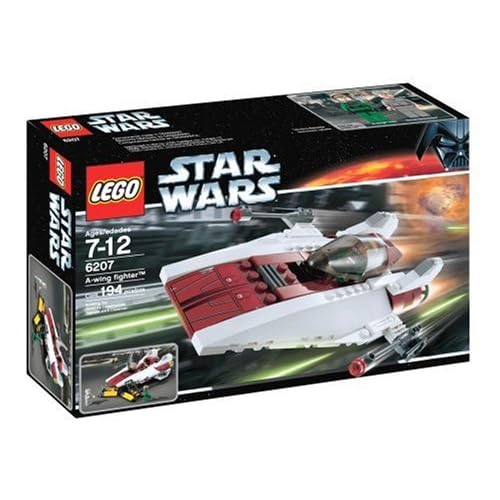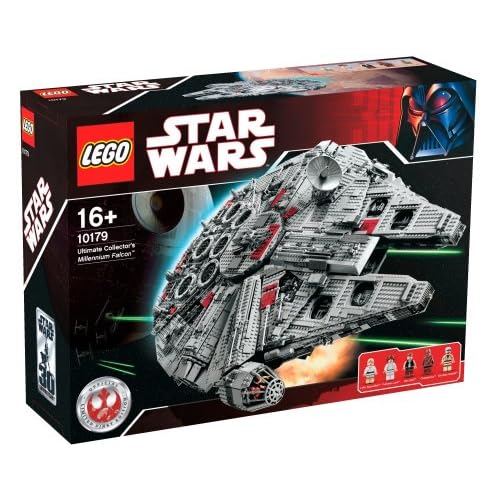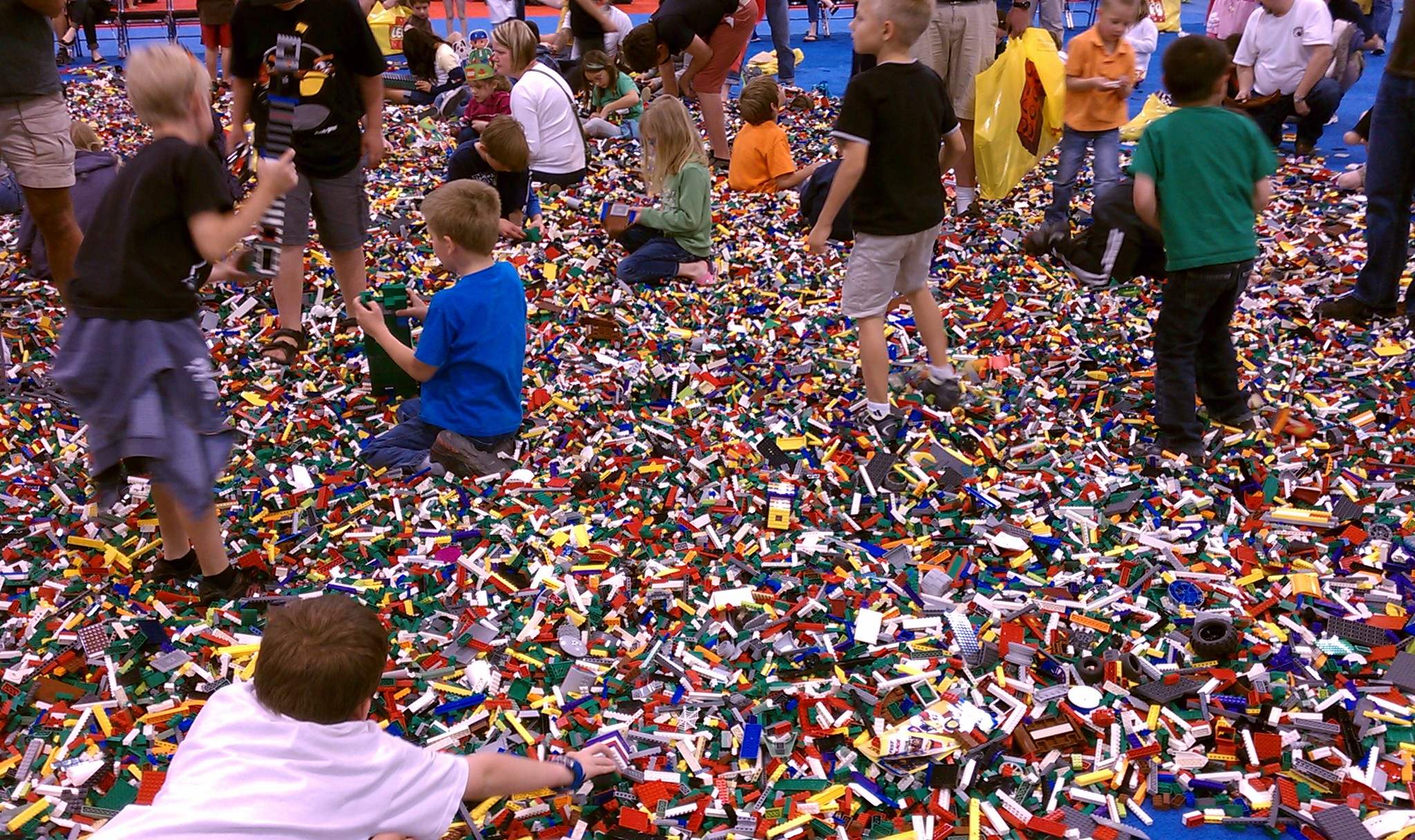 |
| I don't understand these dice at all |
If you've
talked to me in the last three years you'll know that I've become
something of a board game evangelist. At this point, I've stopped
being embarrassed when people curl their lip at me and say,
"wait, you play board games?"
"Yes,"
I reply, "this isn't Monopoly or Risk. In this one we play crime lords
fighting for control of an entire city!"
Sometimes that
person walks away with disgust. Sometimes they'll actually sit down
with the slow caution of a deer who suspects a hunter is watching
them from the woods. Other times they'll simply stand nearby and watch, arms
crossed in a skeptical fashion.
I was like that
too, once.
It was fall
2010. The biggest movie of the year was Toy Story 3. I made friends with a guy named Keith in a college math course because of our common interest in video games. A few weeks into the course, he was invited to game night by one of the girls from our class, and he invited me.
The game nights
were held once a week, on Tuesdays. Typically we'd meet up at 9pm, drink coffee and play silly party
games like Scattergories or Cranium. It was a nice way to unwind while
listening to cable TV radio stations and occasionally playing
charades.
One night I was
suffering from terrible insomnia and I had a surge of creativity. I started creating a D&D adventure. It involved traveling into a cave and
later, slaying a dragon. Since I had never actually played that kind
of game before, I designed the adventure literally room by room in my
head. Each room had one specific solution to get through it. In many
ways it was much like a video game. The next morning I wrote down
everything and took the printed adventure to game night that week.
 |
| Much to my relief, no demons were spawned during the game. |
The results
were... unexpected. Nothing went as I had planned, the players made
silly characters ranging from a Warrior Assassin based on a Resident
Evil character, to something called the Candy Queen. I was not prepared, but we were all entertained.
At that time, I went kind of RPG crazy. I began researching the heck out of “real”
dungeon and dragons and designing great adventures to play with Keith
and the girls. Sadly the game night group fell apart when the semester ended, so those plans fell through.
A
few months later, Keith invites me to another game night. This one is all guys
in their early 30's, two of whom are either engineers or engineering
students.
“Are
we going to play D&D?” I asked Keith over the phone.
“No,”
he said, “we're gonna play a board game that's kinda like D&D.”
Pshaw,
I thought. A board game! What was I, ten years old? The last board
game I could remember playing was Clue Jr!
 |
| ...To be fair, Clue Jr. was pretty awesome |
But I went anyway. I ducked my head as I entered the tiny apartment. The game was spread out on a table
almost too small to hold it. The graphic design was terrible, the cardstock
was yellowed with age. The illustrations laughably poor.
“How
old is this game?” I asked with the worried expression of a man in over his head.
“It's
from like, 1989,” said the game's owner around a mouthful of Chinese food,
“I've had it since I was little.”
“Oh,”
was the reply. With colossal apprehension, I took a seat. Keith
handed me a deck of Wizard cards and said, “pick your spells.”
 |
| It was a watershed moment. |
The
game was called HeroQuest, and it would ultimately change my life.
The
game has each player going around opening rooms, killing monsters and
collecting treasure. I had a
terrific time.
It
was a Grinch heart-growing moment: Maybe board games weren't boring.
Maybe RPGs weren't the only way to have fun at a table.
When
I got home late that night, I looked online to find the game and
found it cost $200. Two
hundred.
Apparently it was very old, slightly rare and quite
popular. I also found out that, holy
crap, there was a huge community of people who loved this silly
little dungeon game.
Very
soon after that, a website started called Shut Up and Sit Down. It was created by two British guys who made quite entertaining videos explaining exactly why
you should be excited to play board games. Because of them, I bought
my first two games; Citadels and the Resistance. Two very different
card games.
I
found it was quite easy to talk people into playing card games.
Easier than, for instance, RPGs. I still loved playing RPGs, but
it was just so much easier
to
throw a card game out there and play it. I didn't have to prep
anything.
It was a breath of fresh air.
So RPGs kind of faded away. Another group of friends sprang up and we
had a regular board game night, this time with much less focus on RPGs One summer, I was a camp counselor and
found out there were lots
of
people in my church who wanted to play board games. Strangely, they acted like it was some terrible secret, like a dead body in their freezer. So I asked a few people if they
wanted to play board games (and later) RPGs. They jumped at the
chance.
So
here I am, still researching games every day. I've long since moved
on from any official Dungeons and Dragons product, but I still enjoy
Savage Worlds and more recently, Star Wars: Edge of the Empire. When I see people turn up
their nose, I know what they're feeling; that familiar dread of being
glued to a table, forced to play some boring thing like Candy Land.
Where we're going, we don't need Candy Land.














